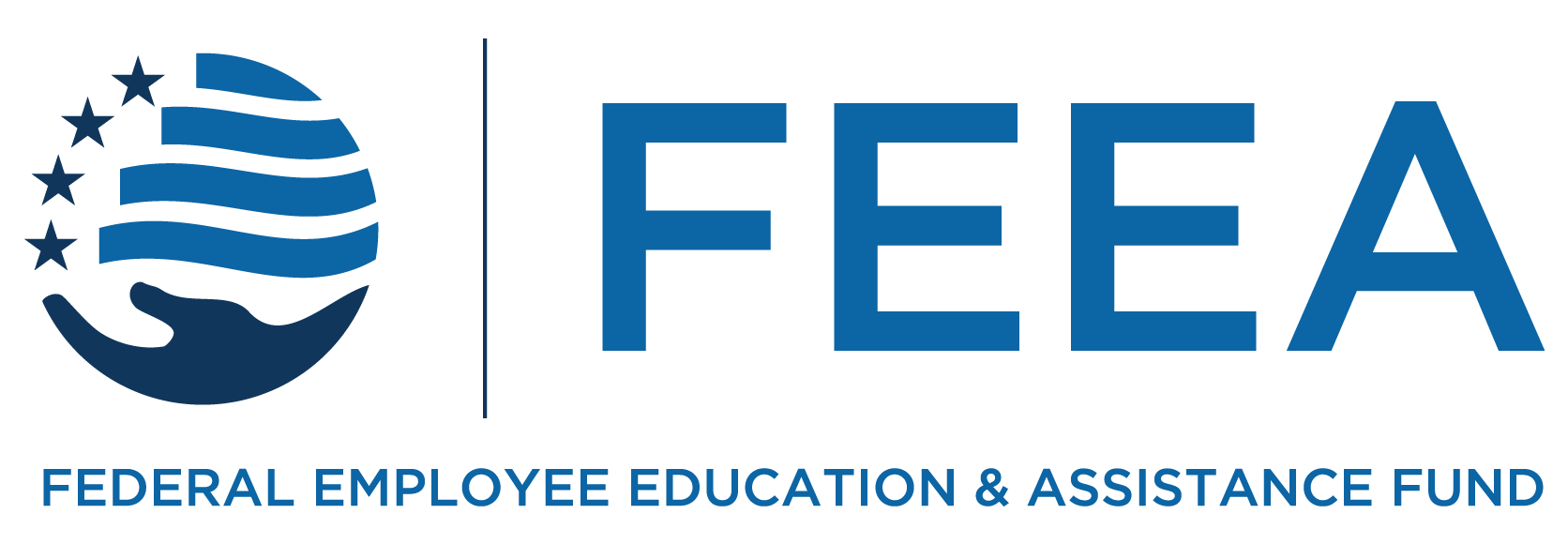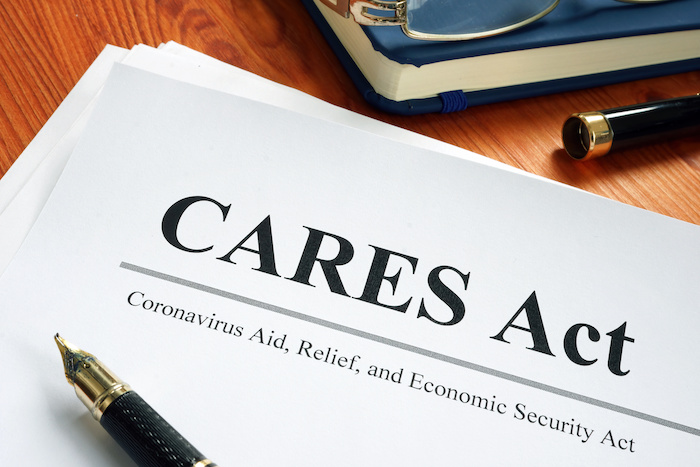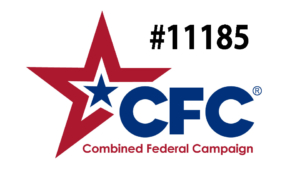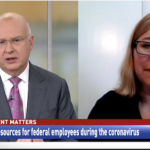How to Call Your Mortgage Company if You are Dealing with Impacts from the COVID-19 Pandemic
by Joyce Warner
Our hearts break for everyone affected by the pandemic, and FEEA stands with our nation’s federal employees during this time of immense hardship.
I reached out to Eric Selk, Executive Director at Hope Now, a nonprofit alliance among counselors, mortgage companies, investors, regulators, and other mortgage market participants, to gather some tips for federal employees affected by the pandemic. Here is what Eric shared:
- The Coronavirus Aid, Relief, and Economic Security Act or CARES Act has created a national plan for families with a mortgage to request forbearance. There are some pieces of information that families should be aware of when requesting forbearance.
- The law provides that borrowers with a federally backed loan (Fannie, Freddie, FHA, VA, USDA, RHS), who experience hardship directly or indirectly linked to COVID-19, may request forbearance, regardless of delinquency status. Your mortgage company will be able to let you know if you have a federally backed loan.
- Forbearance will be granted for up to 180 days and can be extended for up to an additional 180 days at the borrower’s request (for a total of one year). During the forbearance period, no fees, penalties, or interest shall be added beyond the amounts that would be calculated as if the borrower was making payments on time and in full. Some mortgage companies are starting with a 90-day forbearance with the option to extend.
- A servicer of a federally backed mortgage may not initiate any foreclosure process or execute a foreclosure-related eviction or sale through May 17, 2020 (60 days after March 18, 2020).
- The program begins on the date that the President signs this bill and ends at the end of the national emergency, or December 31, 2020, whichever is sooner.
- The provision requires mortgage companies to protect a borrower’s credit if they request forbearance, so they are not reported as delinquent.
- Many families want to know what follows the forbearance plan. This will depend on your financial status and the investor of your loan. It’s important that as soon as the hardship period ends, you let the mortgage company know so you can start a workout option.
- The forbearances are not loan forgiveness, so remember when you have forbearance, eventually you will need to develop a workout solution.
- What are “workout solutions”? Again, depending on the investor of your loan, this could be a reinstatement (paying back the forborn amount in full) or a modification (restructuring the mortgage) or possibly a short-term payment plan. Sometimes a mortgage company will be able to tack the delinquent amounts on the back of the loan and extend the term, but this option is not allowed with all investors, so talking with your mortgage company about all your options will help you understand the process and available options.
- Also, in past crises, we have seen mortgage scams. Folks should be wary of anyone asking for money to work with your mortgage company. If you would like to speak with a neutral, non-profit counselor those agencies are free and a list is available on the HUD website.
- Hope Now has a large homeowner resource library on its website for families who may need some extra support in a number of areas and it can be found at hopenow.com.
The information provided in this piece is for your convenience and informational purposes only and not to be construed as professional advice. FEEA and its coauthors and sponsors are not liable for any losses or damages related to actions or failure to act with regard to the content in this piece.




